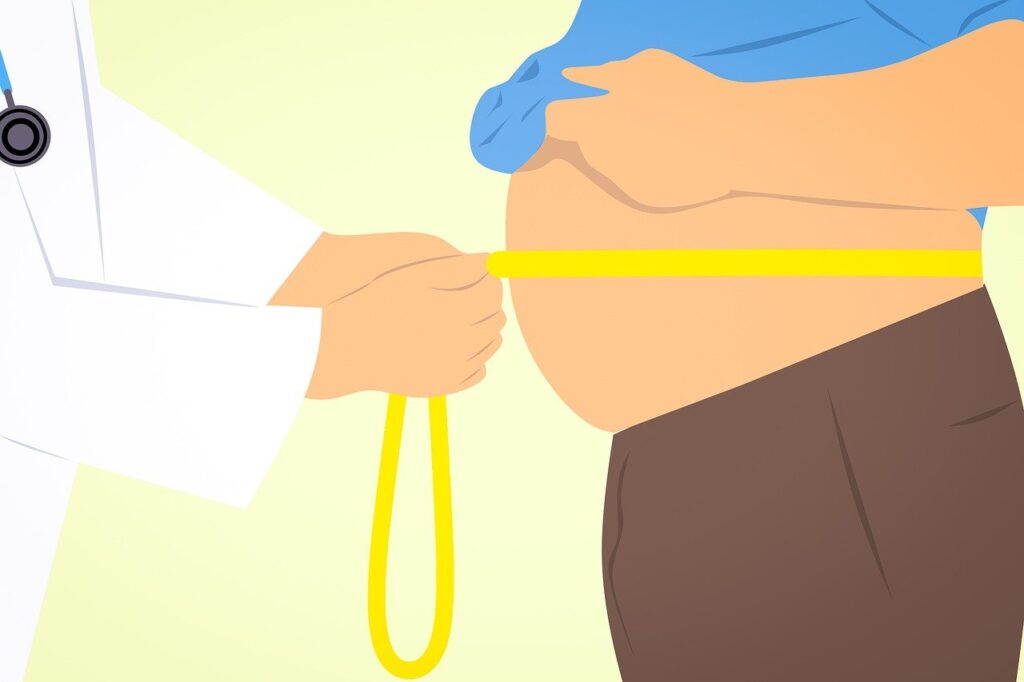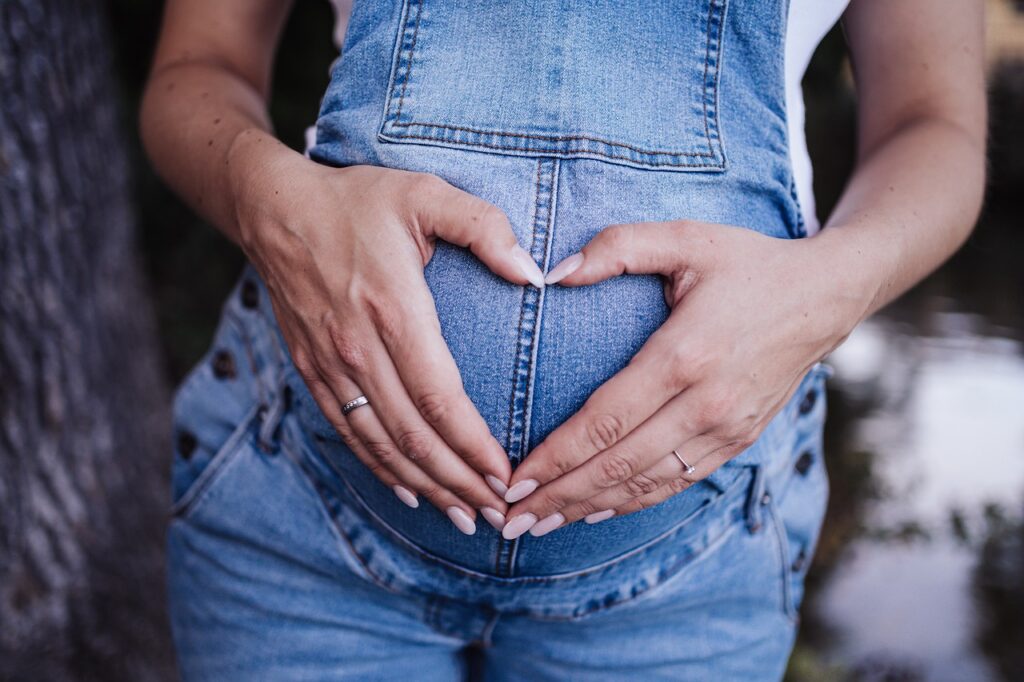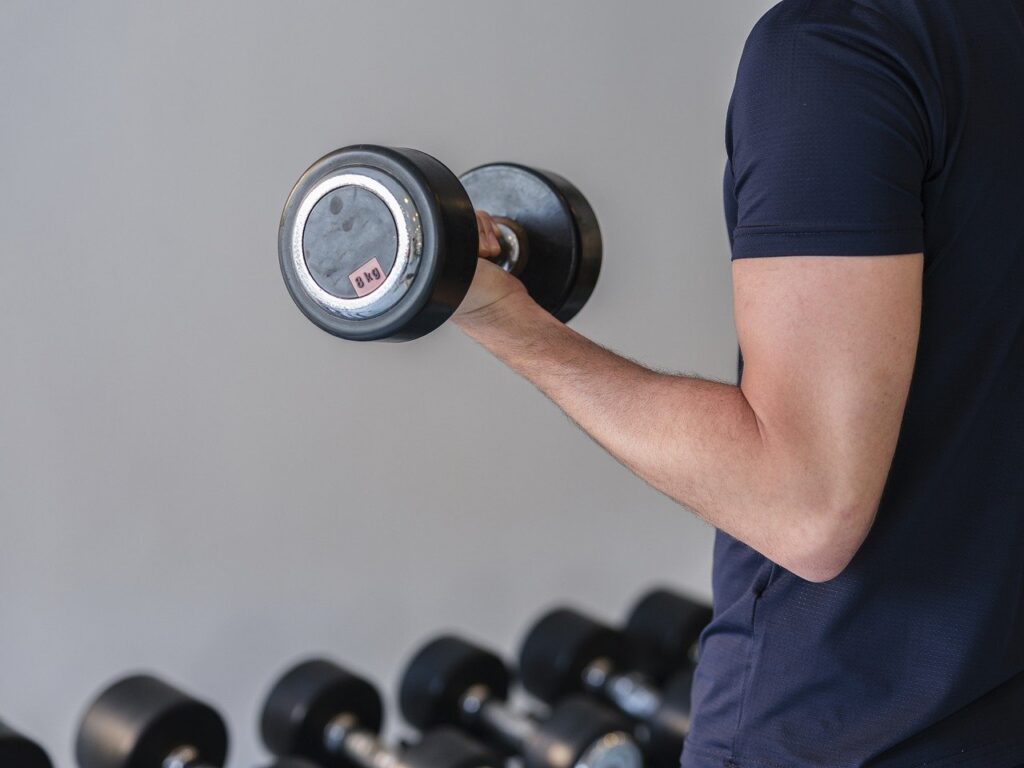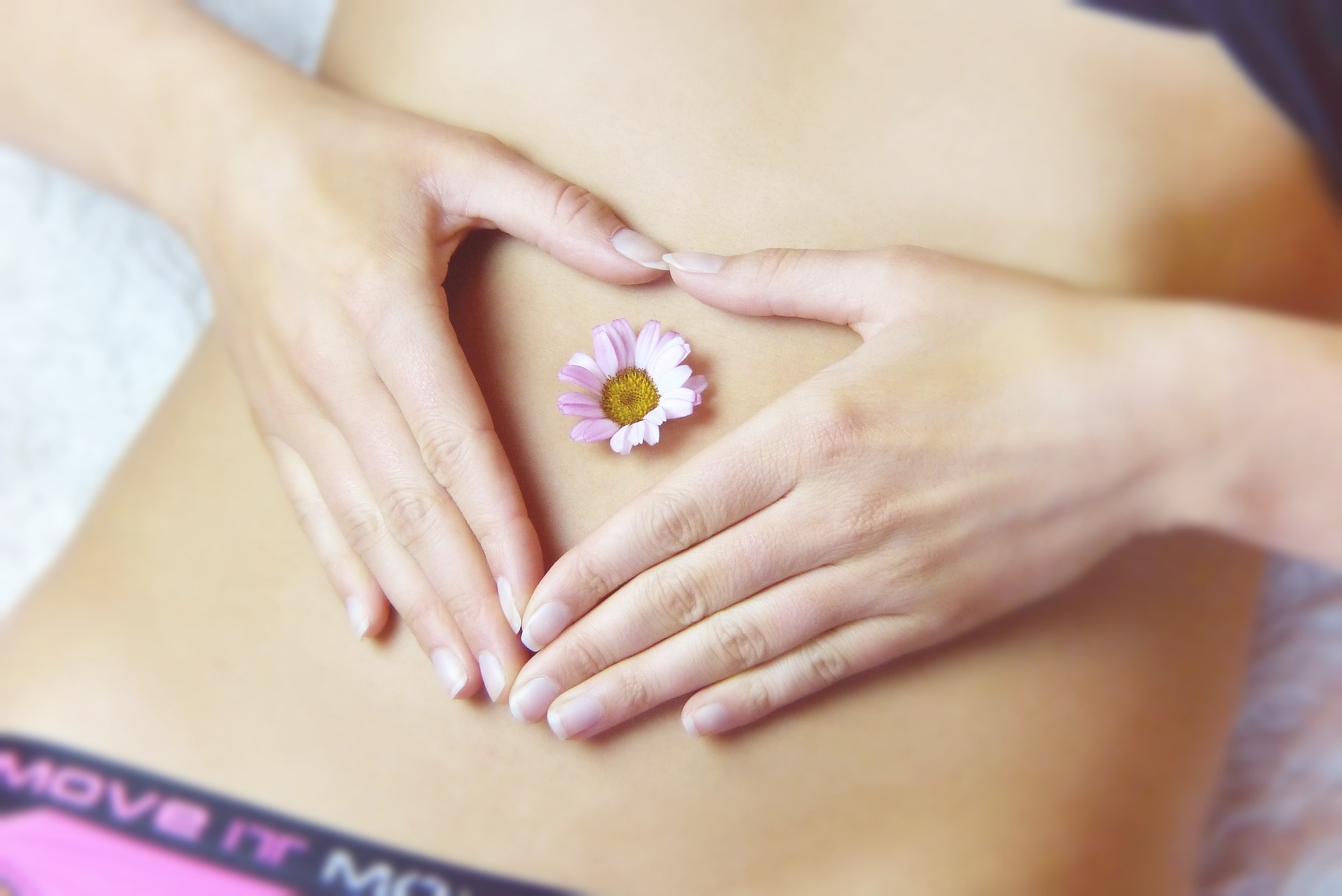Did you know that diastasis recti could happen to anyone, not just pregnant women? It’s true that pregnancy puts a woman at risk for developing diastasis recti due to the large amount of pressure placed on those muscles, but other factors could contribute to developing diastasis recti as well. In this article, we will look at what causes diastasis recti so you can be well educated on this subject. Ready? Let’s get to it!
Disclaimer
This article is not meant to replace the advice or counsel of the reader’s doctor. The purpose of this article is educational only. If you are concerned about the health of you or your baby, contact their doctor right away.
What Causes Diastasis Recti?
Simply put, diastasis recti is caused when the muscles that make up the 6 pack are extremely strained. What ends up happening is those muscles are slowly pulled apart as this pressure continues. This leaves the connective tissue weak and the abdominal muscles separated.
There are a host of negative health risks associated with diastasis recti, so it is essential to take the appropriate steps to close the gap! If this is something that interests you, read my article Best Corrective Exercises For Diastasis Recti to learn more.
Now, let’s discuss other factors that can cause the development of diastasis recti.
Factors That Can Cause Diastasis Recti
In my early days of living with diastasis recti, I was surprised to learn that a large percentage of the population may have diastasis recti and not just me! What surprised me even more were some of the causes that can lead to diastasis recti. Below are a few.
Infants May Be Born With It
According to Medline Plus, diastasis recti is common in infants. Infants who were born preemie or are of African American decent are more likely to develop DR as babies.
Usually, the separation will heal on its own. However, in some cases, it could take up to 4 years for the child’s DR to fully close. If you are concerned about your baby or child having diastasis recti, be sure to contact their pediatrician! They can offer you more knowledge and guidance.
What This Looks Like
Being Overweight

Anyone can fit into this category! Being overweight is another cause for diastasis recti. This is due to the extra pressure that is placed on the abdominal walls. Although this can be discouraging, there is help and hope for gaining a healthy, happy body again! Be sure to reach out to your doctor who will be able to give you more guidance in this.
Pregnancy

Pregnancy or having multiple pregnancies, puts a woman at risk for developing DR. Also, bearing twins or a heavy baby can also cause diastasis recti to develop in pregnant women!
If you would like to learn how you can prevent DR in your pregnancy, be sure to check out my article on this topic!
Additionally, with all of the emotional and bodily changes that happen as a woman enters motherhood, it can come as a sudden shock. I have written an article called Accepting Your New Identity As Mom to help you have grace and patience with yourself as you learn to grow in this new role of life!
Exercising Incorrectly

To develop diastasis recti, all that is required is a large amount of pressure on the abdominal wall (or the 6 pack). One way this can happen is through improper technique during exercising. Although this cause may be rare, it can happen. So be sure to protect your back and core by having good form and technique while exercising!
Like What You’ve Found? Pin It!

Additional Risk Factors
Below are some additional risk factors that put you at a higher risk for developing diastasis recti.
- Being over 35 years old
- Having a petite stature
- Vaginal deliveries due to the pressure during pushing
Leave A Comment!

What new thing did you learn from this article? We would love to hear from you so share your thoughts with us in the comments below!
Want To Know More?
If you would like to learn more on the topic of diastasis recti, be sure to check out these related articles below!
Who Can Develop Diastasis Recti?
Best Corrective Exercises For Diastasis Recti
Homeopathic Remedies For Back Pain
How To Prevent Diastasis Recti
Severe Constipation During Pregnancy Remedies
